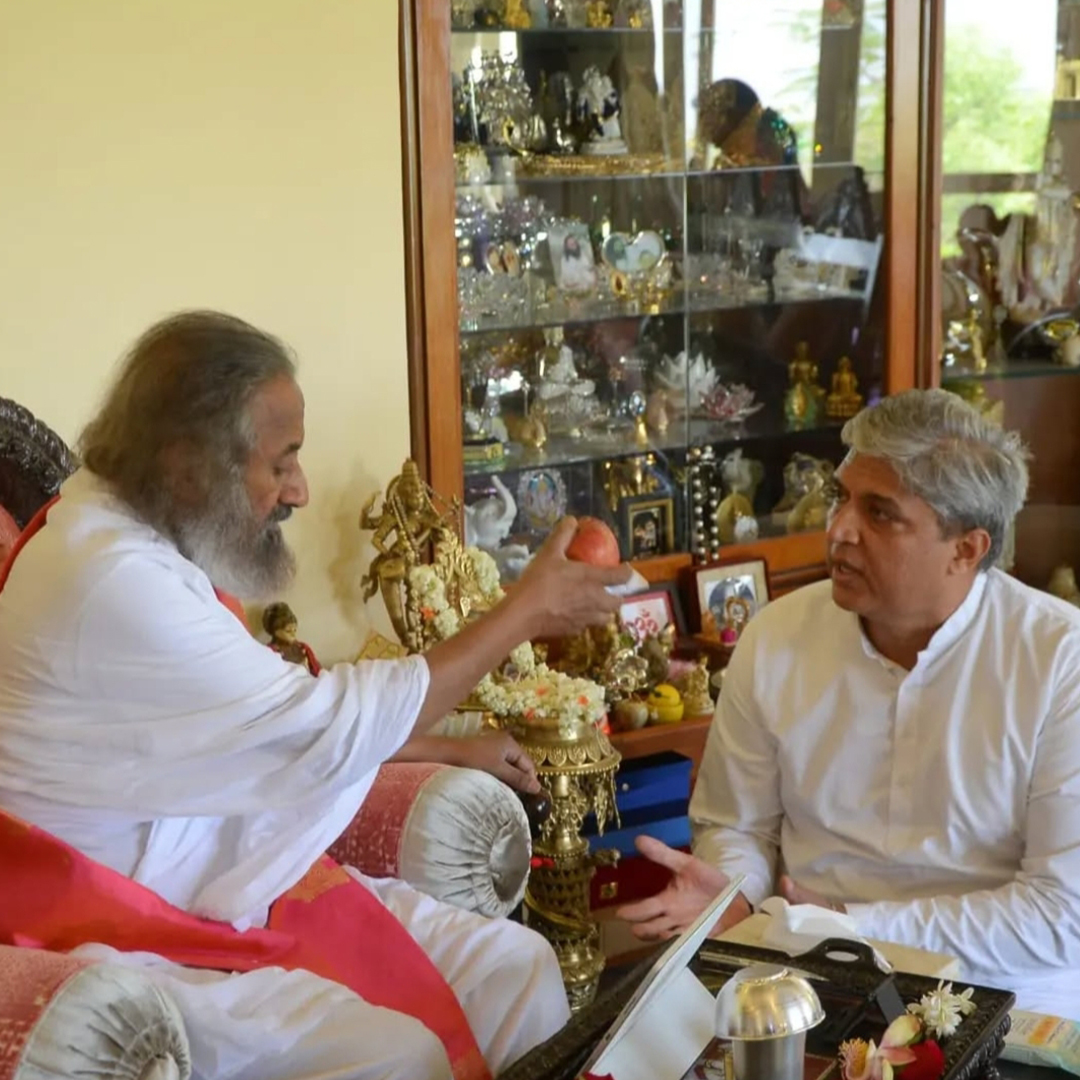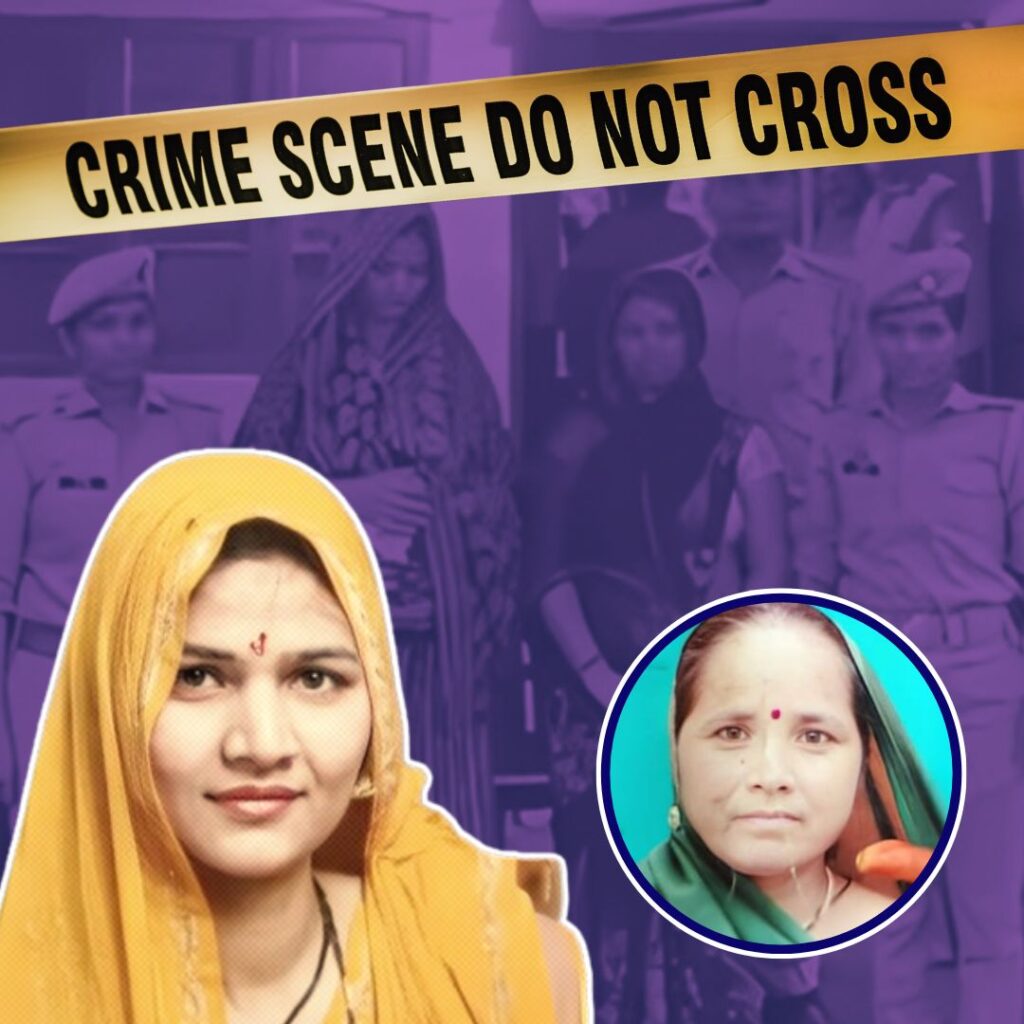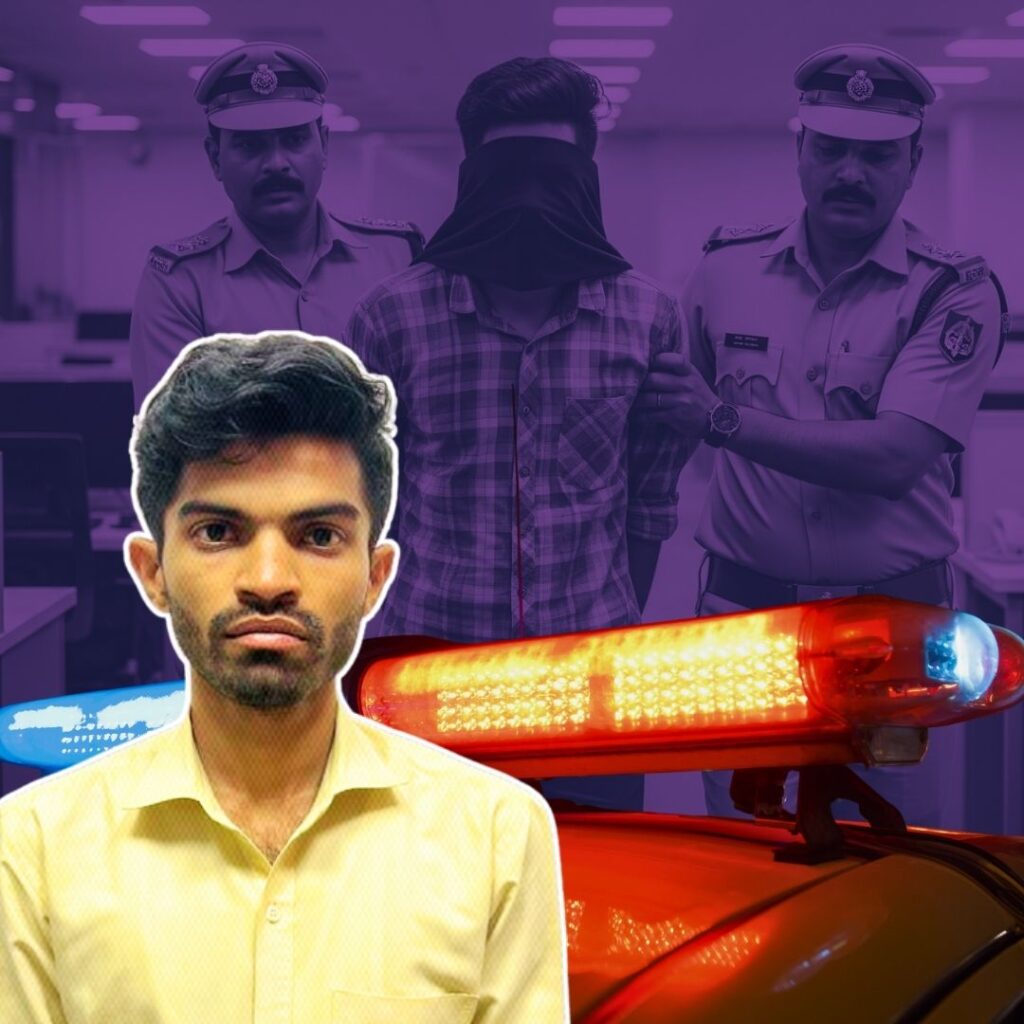In the heart of India’s conflict-ridden regions, one man’s quest for peace has sparked transformative change. Samir Jolly, once a white-collar corporate employee, is now the Project Director for the Art of Living Rehabilitation Program in Assam. But his journey to this mission was anything but conventional.
His involvement with insurgency-affected regions like Bastar, Chhattisgarh, and the Northeast began after a life-changing experience with the Art of Living. Jolly credits his own revitalization, both physically and mentally, to the Sudarshan Kriya Yoga (SKY) technique, which led him to become an instructor. Motivated by a deep desire to create peace, he ventured into some of India’s most volatile areas, risking his life to bring the calming breath techniques to conflict zones, hoping to spark change through spiritual and emotional healing.
His experience in the jungle of Bastar is unforgettable. While trying to conduct a peace mission with Naxalites, Jolly was kidnapped by rebel forces. With a strong sense of intuition that they were planning to kill him, Jolly made a daring escape, running through the jungle for hours, surviving on muddy pond water. His escape took him to Sukma, where he was discovered after being missing for 11 days. Despite the harrowing ordeal, his resolve to bring peace only strengthened.
Jolly continued his work in other conflict zones such as Tamil Nadu, Sudan, and Assam. His focus was not just on peacebuilding but also on rehabilitation. His work with ex-militants, through the Art of Living’s holistic programs, helped to bring over 1200 militants back into the fold of society. This includes 300 militants in Manipur and more than 700 ULFA (United Liberation Front of Assam) militants in Assam. Jolly’s approach combined spirituality with leadership training, aiming to restore hope and give these individuals a purpose beyond violence.
The methodology was simple but effective: spiritual practices, self-development training, and community engagement. As Jolly recalls, these former rebels, many of whom had once been in the army or militant camps, now stayed in Art of Living rehabilitation centers without any need for security. They no longer wished to pick up weapons, having found a new path of peace.
The UPLA Surrender: A Turning Point for Karbi Anglong
The story of Samir Jolly’s work, however, is far from over. In 2013, the people of Karbi Anglong, a district in Assam, had grown frustrated with poor infrastructure, lack of amenities, and a sense of injustice. They formed several insurgent groups such as UPLA (United People’s Liberation Army), KPLT (Karbi People’s Liberation Tigers), KLNLF (Karbi Longri N.C. Hills Liberation Front), and PDCK (People’s Democratic Council of Karbi Anglong). These groups didn’t demand a separate state but fought for a better future for their children. Their camps were located across the border in Myanmar, and their tactics led to a long-standing conflict.
In 2013, Art of Living introduced its Youth Leadership Training Program (YLTP) in Karbi Anglong, with teachers spreading the message of peace and non-violence. The programs were life-changing for many. In June 2014, members of UPLA suspected of involvement in the murder of Hamren SP Nityanand Goswami were arrested and held in the Diphu Central Jail. While in jail, these individuals, including key UPLA leaders like Wellesley Terang, began to undergo a transformation thanks to the Art of Living’s Prison Program, which included yoga, meditation, and stress-relief techniques. This program played a pivotal role in changing their hearts and minds.
One of the most significant moments came when Wellesley Terang, chairman of UPLA, announced his desire to surrender and give up the armed struggle. His change of heart was inspired by his experience with Art of Living’s peaceful teachings.
Wellesley gave Samir Jolly a list of 128 UPLA cadres who were ready to lay down their arms. Jolly immediately informed Sri Sri Ravi Shankar, the founder of Art of Living, who instructed him to present the list to the Prime Minister’s Office (PMO). The government, intelligence agencies, and local police were brought into the loop, and a careful plan was set in motion. Secretly, UPLA militants began crossing back into India in small groups, to avoid alerting the larger insurgent factions.
The Surrender and Rehabilitation Process: A New Dawn for Karbi Anglong
The surrender of UPLA had a domino effect. Other insurgent groups soon followed suit, eager to give up the path of violence in exchange for peace and a chance to reintegrate into society.
After their surrender, the 128 UPLA cadres were taken to the Art of Living Ashram in Pune, where they were welcomed with open arms. They underwent skill training programs, helping them reintegrate into society by equipping them with the tools to earn a living in a peaceful and lawful manner. The rehabilitation process included job skills training, leadership programs, and community-building workshops that fostered a sense of responsibility and hope for a new life.
In October 2018, key UPLA leaders like Wellesley Terang visited the Bangalore Ashram to meet with Sri Sri Ravi Shankar. They declared a unilateral ceasefire after their interactions with Gurudev. In their press statement, they shared how Gurudev’s vision inspired them to seek democratic and peaceful solutions for their people, instead of continuing the armed struggle.
Finally, after multiple rounds of talks, the tripartite peace agreement was signed in September 2021. This agreement, between the five insurgent groups of Assam, the Centre, and the State government, effectively ended years of violence in the Karbi Anglong region.
A Lasting Legacy of Peace
The peace initiatives led by the Art of Living, particularly Samir Jolly’s tireless efforts, have had a profound and lasting impact on some of the most conflicted regions of India. By fostering reconciliation through spiritual teachings, leadership programs, and community development, the Art of Living has proven that peace is not just a lofty ideal but an achievable reality.
As Samir Jolly continues his work in the North East, Assam, and beyond, he remains dedicated to the vision of Sri Sri Ravi Shankar: to spread peace wherever possible and build long-term solutions that not only bring peace but also empower individuals to shape their own futures through self-confidence, leadership, and entrepreneurship.
Through peace education, Samir and the Art of Living team have not only healed individuals but also helped entire communities rebuild their futures—one breath, one leader, and one peaceful step at a time.











